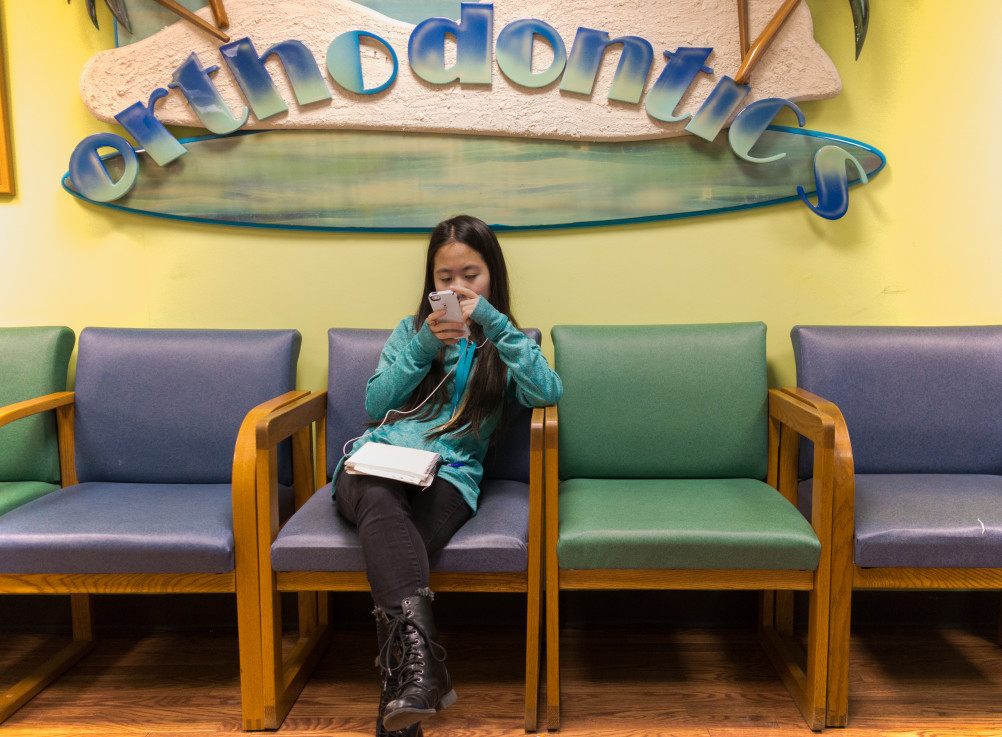Welcome to Tower Hamlets, one of the most deprived areas in London. The borough is home to the largest Bangladeshi population in the country, making up around 32% of Tower Hamlets population. Alongside this, approximately 43% of residents were born outside of the UK. Tower Hamlets is also a working-class area, with only 38% of the people being in full-time employment.
Being part of a Bangladeshi heritage, combined with growing up in a working-class household, my family as well as our community have more health concerns than the average U.K. population.
However, our health centres are the most underfunded and it is difficult to access a face-to-face GP appointment, waiting times can go up to a month for an appointment, a situation which has predictably been exacerbated by the COVID19 pandemic. Now, it is near impossible to book an offline appointment, and some centres still do not have the option to do so. There is no way to schedule over-the-phone appointments, and GP calls whenever they are available to take the call, regardless of the patient’s availability.
The large Bengali-speaking population is put off by the complicated online process of booking appointments which deter them from seeing a GP and are left untreated.
Even before COVID19, the main issue remains in the doctor’s office. As many patients are Bengali, Muslim and struggle to speak English, there have been many, many accounts of GP’s failing to take the patient’s concerns and illness’ seriously, often sending the patient away and telling them to return in a couple weeks (which is near impossible due to the long waiting list.) This is even more prominent with Bengali Muslim women. Additionally, due to underfunding of health centres in the working-class areas, doctors are reluctant to give out prescriptions and further examination to get to the root cause or reach a diagnosis of a patient’s illness.
Listening to these accounts from members of the community reassured my beliefs that this is not an individual account, but a systematic failure and neglect of the health of the people of Tower Hamlets. These people have more health concerns than the average population and should instead be receiving more care and funding, yet the opposite is being done.
We may not visibly see the impact, but the neglect of health care can lead to severe consequences, and in worse case scenarios people can die from health complications that could’ve been avoided by being checked out by the GP. People of Tower Hamlets are silently suffering, and we should not have to wait for one of us to die before this issue is taken seriously.
About the author
Nayeema has been interested in economic inequality and disparity since university. After graduating, she is focusing on researching the impacts of economic policy on marginalised communities and engaging these communities in discussions around their finance. In her spare time, she enjoys taking pictures of the sunset and going on long walks to beat her personal record of the most steps walked in a day.
This article is part of our Voices of the Economy series. The project brings together the economic experiences and opinions of people from a range of different backgrounds and showcases voices which are not heard as often when we talk about the economy. To find out more and share your own story, click here.

